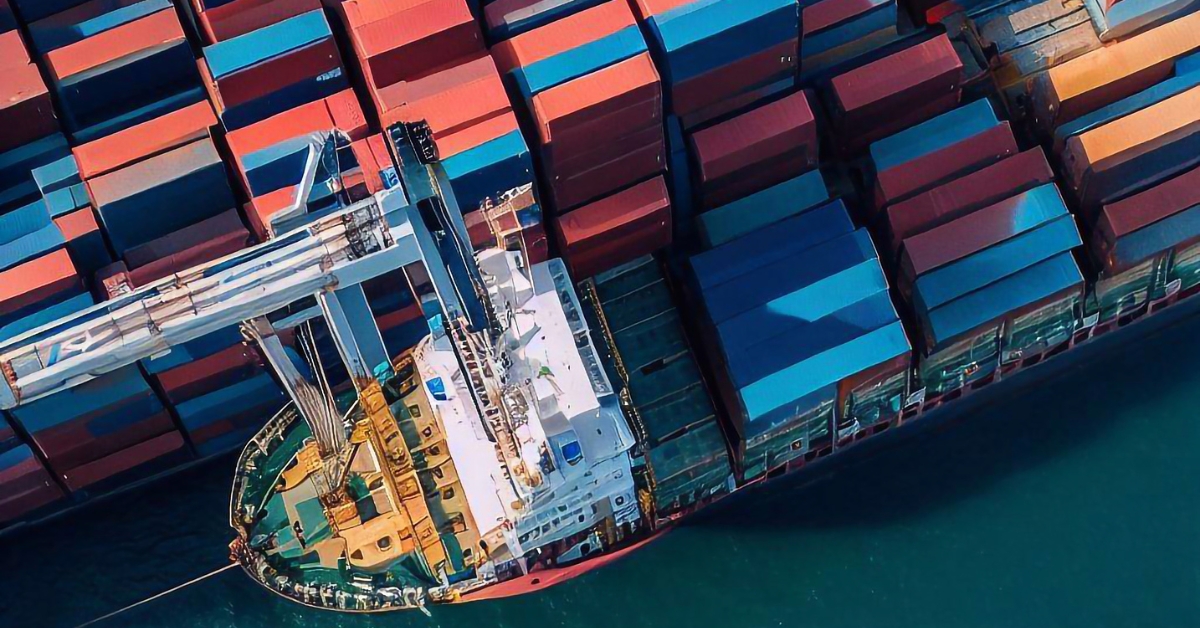
Another Bridge Collapse Shows Why Maritime Cybersecurity Is Critical
In March, Baltimore Harbor witnessed the devastating collapse of the Francis Scott Key Bridge following an incident involving the container ship Dali, tragically resulting in six deaths. This catastrophic event was barely behind us when another maritime scare occurred on June 5 at Charleston Harbor in South Carolina. There, a container ship lost throttle control while navigating under the Ravenel Bridge. Fortunately, this time, there were no injuries or significant damage, but these incidents underscore a glaring vulnerability in our maritime infrastructure that cannot be ignored.
Both of these incidents, occurring at the 10th and 8th busiest U.S. ports respectively, could have led to even more dire economic repercussions had Charleston also been shut down. It begs the question: Are these just coincidental infrastructure failures or is there something more sinister at play here?
It’s becoming increasingly clear that our critical infrastructure—ranging from our power grids to our transport systems—is under threat, not just from decay and neglect, but potentially from targeted cyberattacks. This suspicion isn’t just paranoia; it’s based on grounded concerns that echo through the corridors of our national security apparatus. In fact, discussions in a January hearing before the House Select Committee on Strategic Competition Between the United States and the Chinese Communist Party have hinted at such cyber threats, often pointing fingers at international actors like China. Given China’s expansive cyber capabilities and its strategic adversarial stance against the U.S., it’s not a stretch to consider their involvement in or benefit from disruptions of American critical infrastructure.
Remember the Colonial Pipeline ransomware attack in 2021? It starkly highlighted how vulnerable we are—a major fuel artery can be squeezed by keystrokes on a keyboard, causing widespread fuel shortages and panic. Despite these wake-up calls, it seems we’re dragging our feet on the cybersecurity front. Take the preliminary National Transportation Safety Board report on the Francis Scott Key Bridge collapse—it didn’t even consider the possibility of a cyberattack. This oversight is not just irresponsible; it’s dangerous.
The rise in maritime incidents is a clarion call to tighten our national security net against cyber threats. We need transparency and accountability in our cybersecurity efforts, and we must be proactive rather than reactive. Let’s not wait for the next disaster to realize that in our modern, interconnected world, cybersecurity is not just about protecting data—it’s about protecting lives and livelihoods. Ignoring this reality is not just folly; it’s a direct invitation to our adversaries, signaling that we are unprepared and open to attack.














